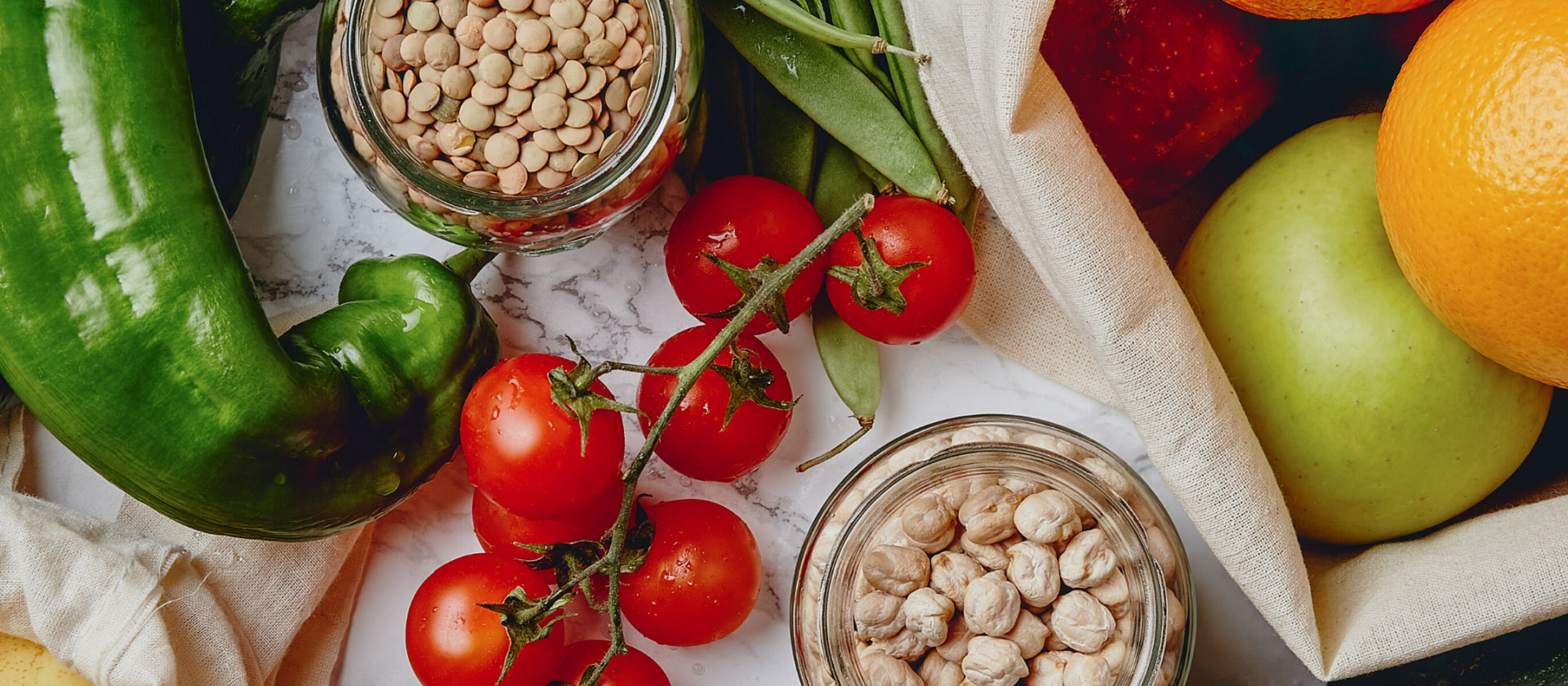General Membership permissions are required to access this content.
As the current COVID-19 pandemic continues, food resiliency remains a constant theme. One of the most noticeable trends highlighted has been grocery stores overwhelmed by customers and having to constantly restock shelves.
Fortunately, food manufacturing facilities have remained operational for the most part and many have adapted to continue processing products while ensuring physical distancing and health and safety measures are met. Individual food gardening has become a popular activity, especially with municipal programs being established to assist residents in growing their own food and donating excess crops to food banks at the end of the summer.
As long-established food supply chains have adjusted to rapid demand swings, food waste has received more media coverage. We have seen images and stories in the media of large volumes of crops and milk being discarded due to clients such as schools and restaurants being closed.
Outrage was swift as customers were left wondering how perfectly good food could be thrown out when millions of residents had lost employment and were now turning to food banks to feed their families. Why couldn’t these items be directed to grocery stores where shelves were consistently being emptied due to overwhelming demand, or to individuals experiencing food insecurity?
One of the main reasons behind this is how supply chains have been put in place. Farmers normally rely on large buyers such as businesses to purchase these items, and they were unable to re-package large volumes of goods that were spoiling quickly into consumer-friendly packages that could be re-directed to grocery stores.
In addition, thousands of migrant workers arrived later than usual due to border closures and restrictions, and outbreaks in shared housing facilities have led to a substantial loss in human power. The closure or reduced capacity of some meat producers have resulted in beef, pork and chicken being backlogged and disposed of instead of being delivered to grocery stores.
These challenges are built into how we process and manage food supply chains, and highlight opportunities for increasing resiliency in our food systems.
Encouragingly, there have been examples of organizations changing their models and coming up with solutions to support the community through these challenging times.
On the public sector side, Black Creek Community Farm saw the need to put together and offer free food boxes to residents in the Jane-Finch area who were facing food insecurity during the pandemic. The Black Creek Community Farm Emergency Food Box Initiative was created in partnership with FoodShare Toronto resulting in overwhelming demand and a call for donations to continue offering this program.
Another example is Toronto and Region Conservation Authority’s (TRCA) Albion Hills Field Centre, which switched gears when it became apparent that education and camp programs would be cancelled or delayed due to COVID-19. Using generous funder support to pivot from programming for children to preparing meals for vulnerable communities, the food services team is on target to ensure over 5,000 meals go to where they are needed most, assisting people experiencing food insecurity locally.
Businesses adapted as well. Real Food for Real Kids, a catering company that made and delivered meals to daycares, changed their business model to offer packaged meals delivered to families at home. This saved their business and the food that would have gone to waste, all while providing kids with some much-needed continuity by giving them meals they were familiar with.
Public-private partnerships have also been established to face these issues. Early in the pandemic, local community leaders saw the need to get hot meals to individuals impacted by COVID-19. The need was so large that small businesses like Hollandaise Diner stepped up to the plate to offer fresh grocery donations and cooked meals, and even doing volunteer grocery home delivery. The initiative was so successful that The People’s Pantry was created, which is a mutual aid volunteer initiative providing cooked meals or grocery bundles to individuals across Toronto and the GTA.
A recurring theme coming out from the pandemic has been that businesses need to be resilient and adapt to changing circumstances, and those that have been able to quickly pivot have been successful in continuing to operate and attract new customers. That theme has certainly been demonstrated in the food sector.
Please see below to view a few examples of how Partners in Project Green members have been supporting food resiliency in our local communities over the past few months.
- Air Canada redistributes fresh food items to Second Harvest
- Alectra donates $230,000 to eight GTA food banks
- Apotex produces hand sanitizer for frontline workers
- Bimbo Canada donates meals and contributes to emergency fund for children in food-insecure homes
- City of Brampton Backyard Food Program (no longer accepting applications)
- Longo’s supports Ontario food banks through Neighbour in Need program
- Maple Leaf Foods launch $2 million campaign for emergency food relief
- Starlight Investments participates in ThorncliffeGrows project providing produce to residents
- Unilever Canada will donate $3 million of essential goods through food banks
Please view our Green Economy Webinar on Innovative Business Solutions to Combat Food Waste and Insecurity to hear speakers from Longo’s and B12Give discuss how these issues have been impacted by COVID-19.
If your business is interested in finding out more about identifying and reducing food waste from your operations, visit the Food Loss + Waste Protocol website for more information or contact Catherine Leighton (catherine.leighton@trca.ca) at Partners in Project Green.

